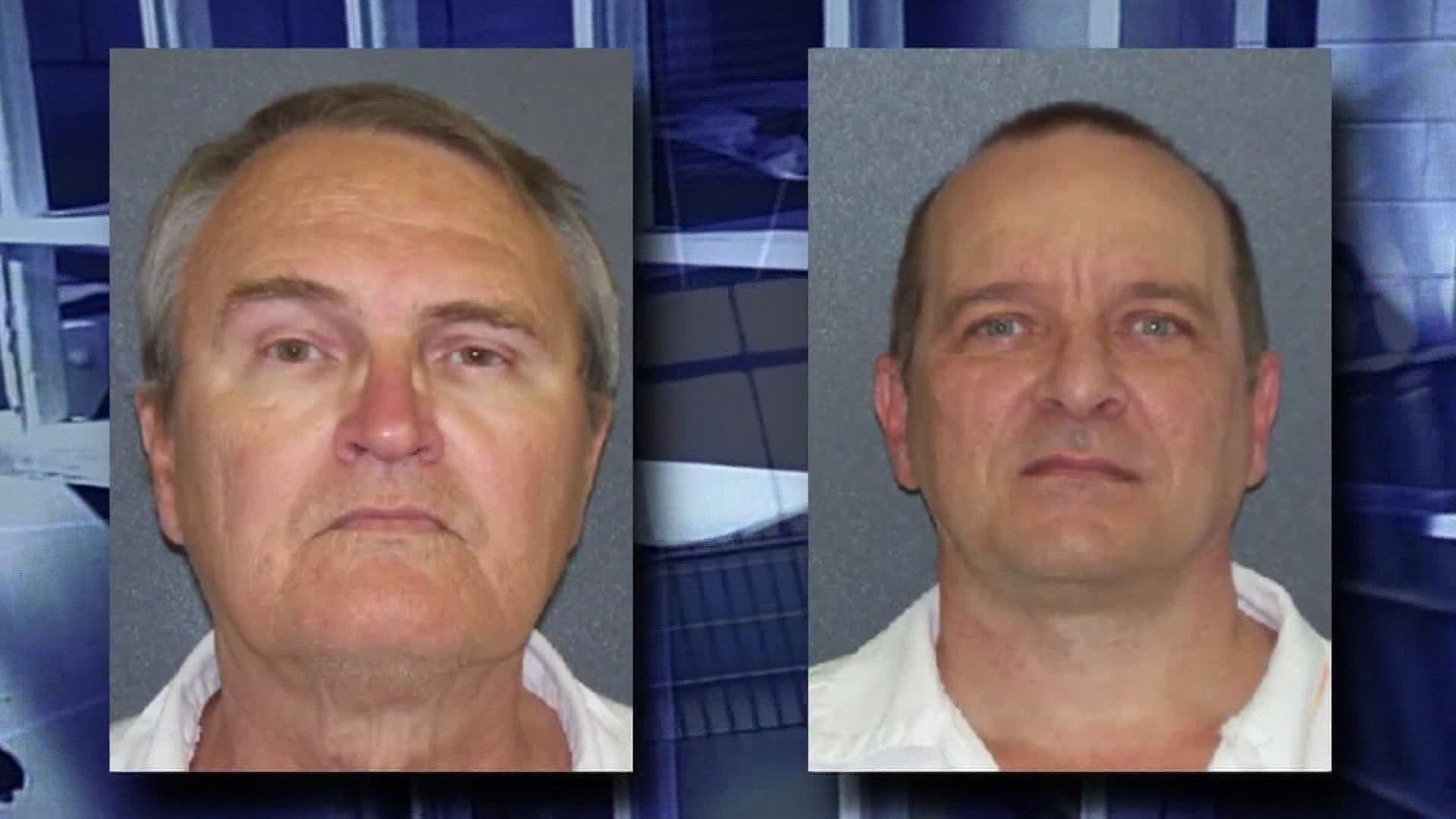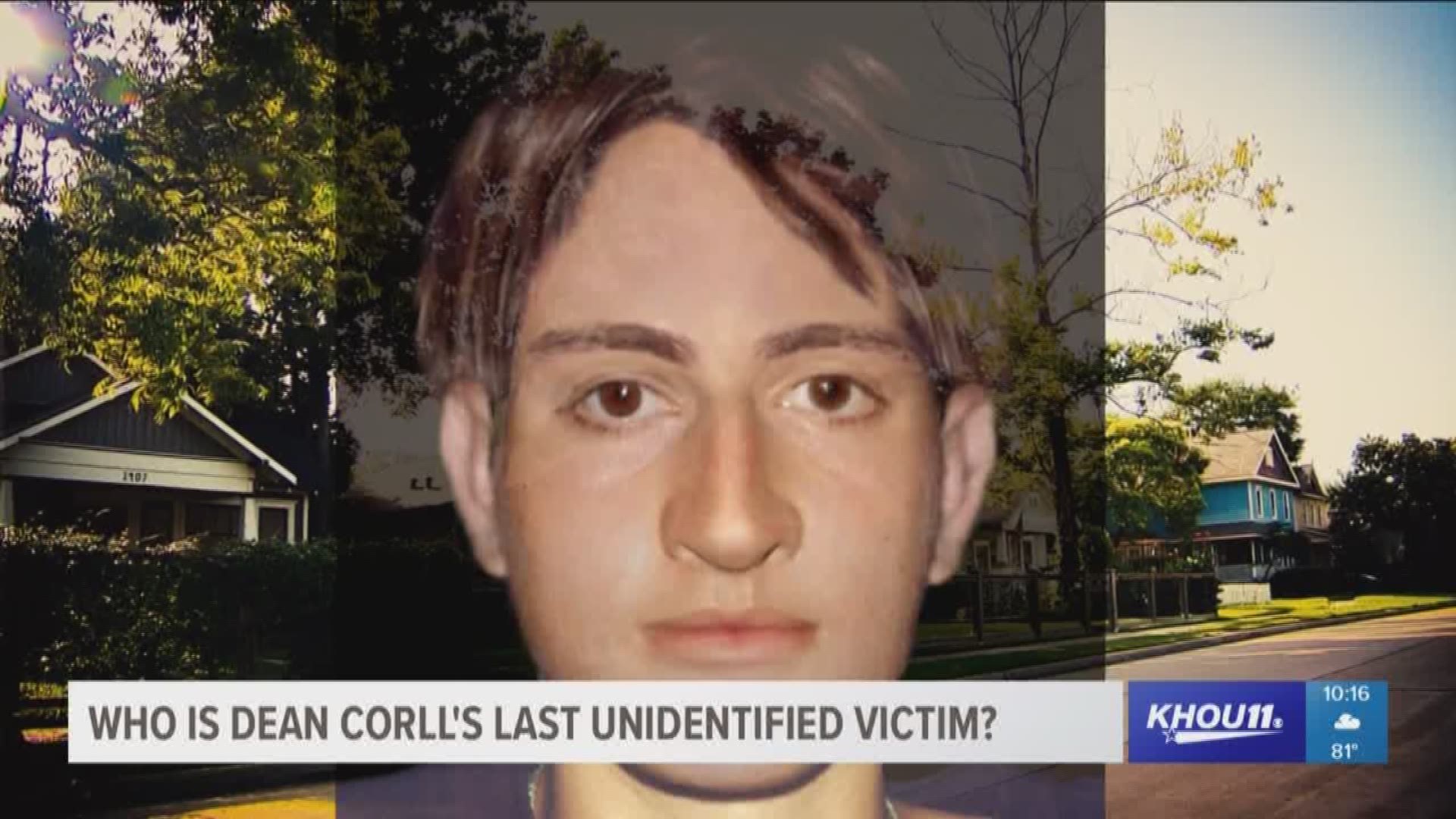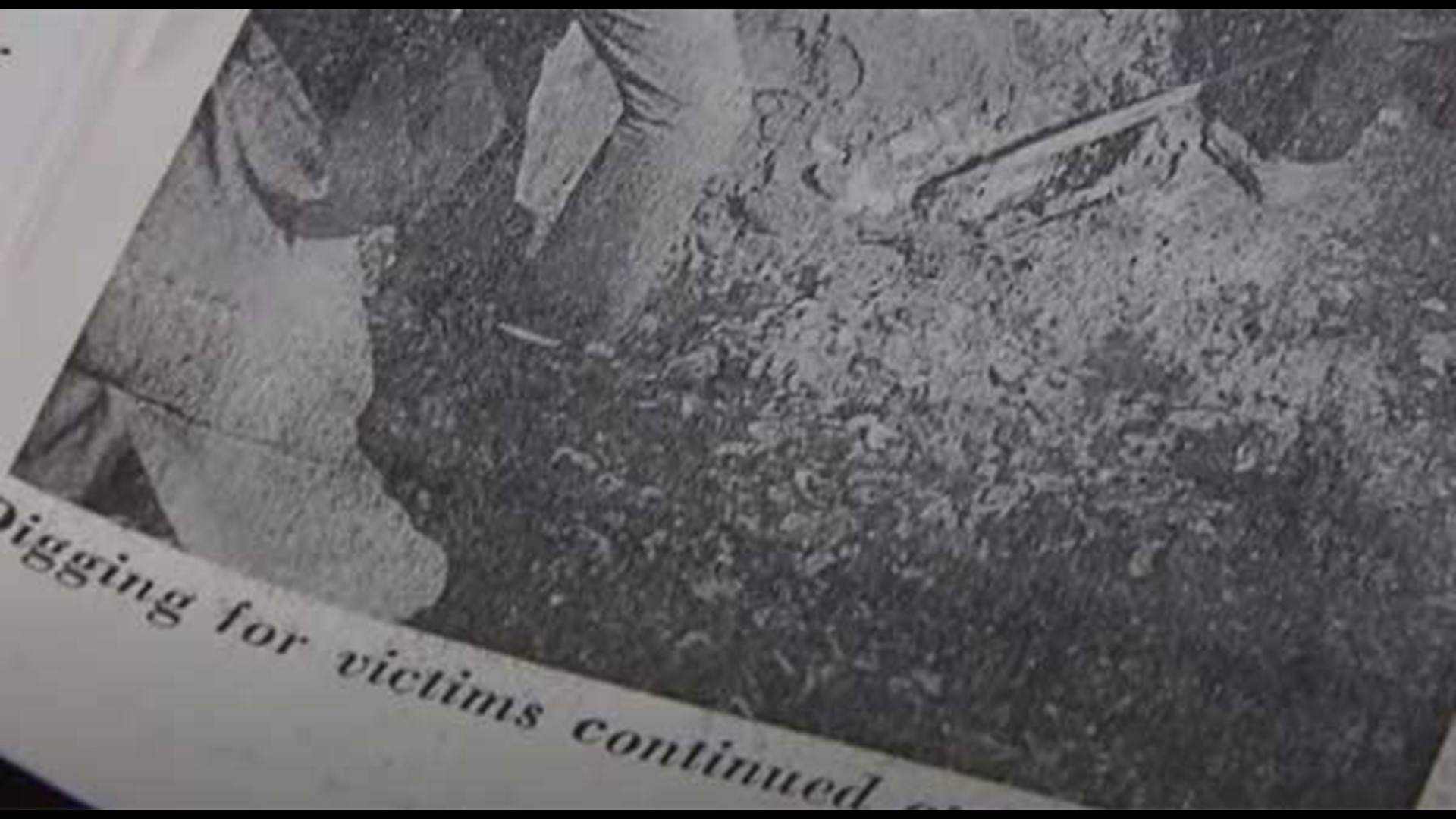HOUSTON — Texas EquuSearch is hopeful new technology will help them find the remains of more victims of 'Candy Man' Dean Corll. Corll was a serial killer in the early 1970s in Houston. Investigators believe he's responsible for killing at least 28 boys from 1970 to 1973.
Tim Miller, with Texas EquuSearch, said he's been looking at the case for a while and believes there were more victims.
“We really started looking at this thing more than a year ago," Miller said. "Just really, really looking at it and scratching our heads and seeing if it was something that was a hopeless cause or if something we might need to investigate a little bit more.”
Miller turned to Pasadena police to help. He said they have a lot of good information and timelines that can help.
Editor's note: The Houston area had two killers with the 'Candy Man' nickname. Dean Corll was one. The other -- an unrelated case -- was Ronald Clark O’Bryan, who poisoned his son's Halloween candy.
The remains of 28 of his alleged victims were found in the 1970s. It's believed as many as 20 young men could still be missing in connection to Corll.
"If we can find one of these boys, it will all be worth it," Miller said during a briefing Sunday.
Texas EquuSearch will use a technique known as "ground penetration" to try to find these remains, Miller said. According to the organization, they will be working with the Pasadena Police Department and other agencies.
Miller explains here how 'ground penetration' works.
Miller is asking families who may have missing male children from the 1970s to reach out to Texas EquuSearch.
“We’re optimistic that if we get to the right place, I think we’ll have the right equipment to possibly have success,” Miller said. "We’re not normally optimistic, but if we don’t do anything, there’s no chance. I think we’ve got the technology. I think we’ve got the knowledge and I think certainly we’ve got determination to hope we can find more."
Corll earned the "Candy Man" nickname because of his family’s candy shop. It was across from a school and he would promise parties and rides.
Corll and his teenage accomplices, Elmer Wayne Henley and David Brooks, spent three years torturing, raping and murdering young boys and burying their bodies across the Houston area.
Miller said Sunday that he wrote a letter to Henley, who's currently in prison, asking him for help in leading them to more remains.
History of the Dean Corll case
Corll was killed on Aug. 8, 1973, when Henley shot and killed him in a Pasadena home. That was 48 years to the day before Sunday's news conference.
"Once that investigation started rolling and turning into something more than a homicide," said Sgt. James Anderson with the Pasadena Police Department. "Elmer Wayne Henley confessed along with another young man, David Brooks, who helped Dean Corll engineer a long conspiracy of murder, kidnapped young boys and killed them, which led them here to Silver Bell Street. Initially, I think there were 17 bodies found here. From there, there was High Island, there were numerous bodies found and with the Sam Rayburn Reservoir, there were more bodies found."
KHOU 11's Grace White reported in 2018 that most of their victims lived in or had connections to the Heights. According to her reports, Henley and Brooks would lure the boys for Corll.
Below is a previous KHOU 11 story from Doug Miller on the killings.
In a previous interview, victims' advocate Andy Kahan noted that police identified most of the missing boys as runaways and didn't spend time on the search. All the while, Corll and his accomplices continued their horrific crimes.
Henley and Brooks were convicted for their roles. In May 2020, Brooks died at a Galveston hospital while imprisoned in Texas criminal justice system. His official cause of death has not been released.
Meanwhile, Henley continues to serve a life sentence.



